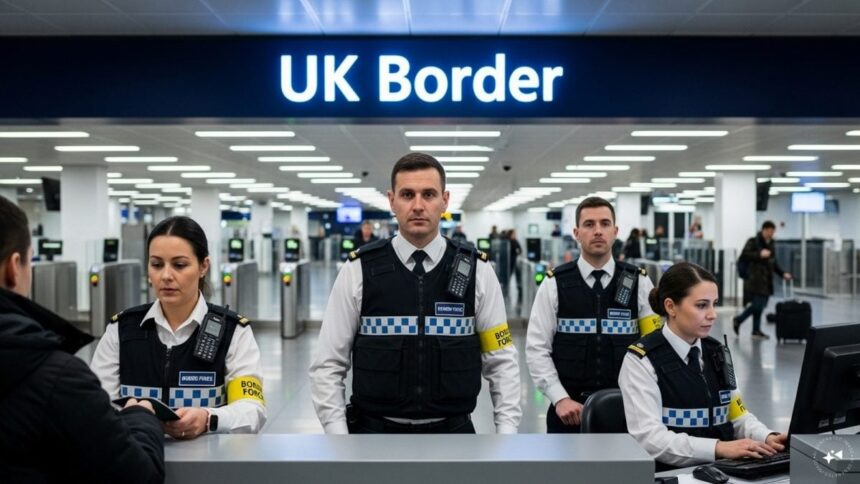The United Kingdom government has expanded its deportation policy, adding 15 countries to the ‘Deport Now, Appeal Later’ scheme, bringing the total to 23 nations.
This policy allows foreign nationals who have had their human rights claims rejected to be deported before their appeals are heard, with hearings conducted remotely via video link.
Home Secretary Yvette Cooper and Foreign Secretary David Lammy, explained that the expansion of the ‘Deport Now, Appeal Later’ list is aimed at curbing delays in deporting foreign criminals and easing pressure on the UK’s overcrowded prison system.
This approach lets the UK Home Office deport certain foreign criminals immediately after they’ve been sentenced, before their appeal is heard. If they want to fight the decision, they can still do so, but only from outside the UK.
The policy is based on Section 94B of the Nationality, Immigration and Asylum Act 2002, and was originally introduced in 2014 during Theresa May’s time as Home Secretary.
The policy was initially paused in 2017 after the UK Supreme Court raised human rights concerns. The Supreme Court ruled that appealing from overseas wasn’t always fair, especially if it affected access to legal representation or family life.
However, the ‘Deport Now, Appeal Later’ policy was reinstated in 2023 by then Home Secretary Suella Braverman, after announcing infrastructure improvements overseas that supposedly allow for fairer remote appeals.
Below are the original 8 countries:
• Albania
• Belize
• Estonia
• Finland
• Kosovo
• Mauritius
• Nigeria
• Tanzania
New additions announced August 2025:
• Angola
• Australia
• Botswana
• Brunei
• Bulgaria
• Canada
• Guyana
• India
• Indonesia
• Kenya
• Latvia
• Lebanon
• Malaysia
• Uganda
• Zambia
The government says more countries may be added soon, depending on bilateral agreements and diplomatic cooperation.





